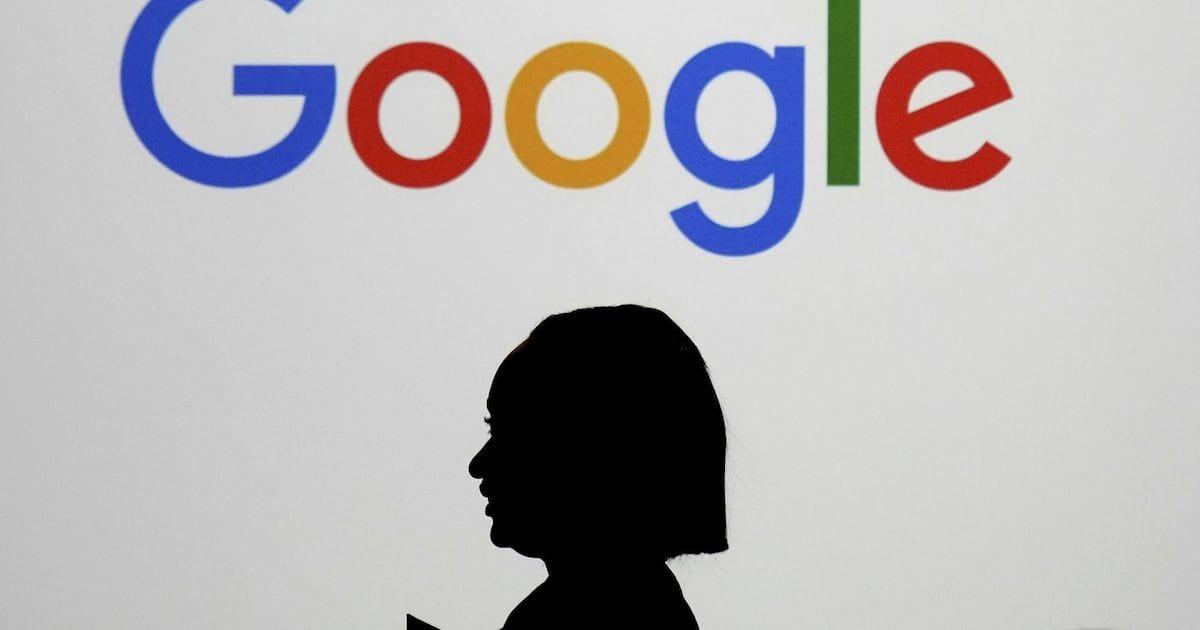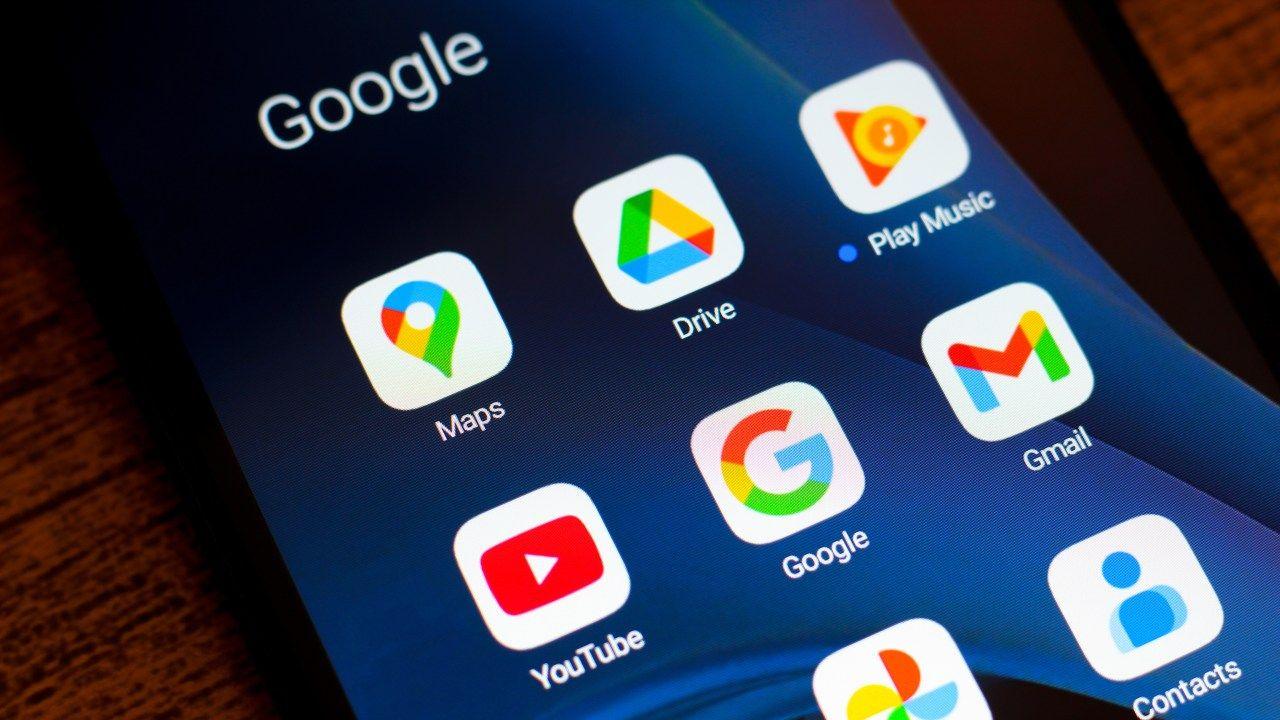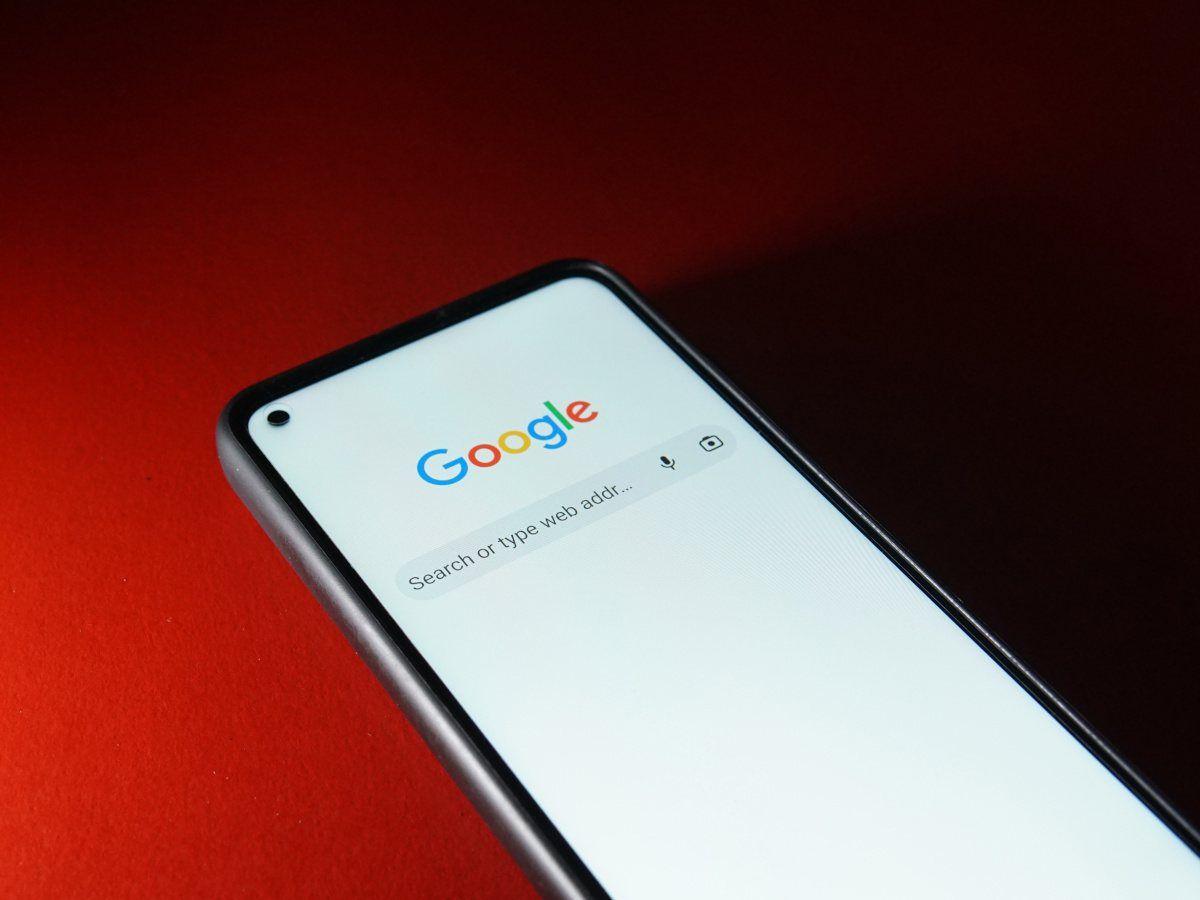Google Fined A$55M for Anticompetitive Deals with Australian Telcos
3 Sources
3 Sources
[1]
Google fined A$55m for anticompetitive deals with Australian telcos
The Australian watchdog has launched federal court proceedings against Google over its practices in the country. Google has agreed to pay A$55m in fines after the Australian competition watchdog found that the company paid two of the country's largest telecommunication providers to only pre-install Google Search on the Android phones they sold. In the announcement made today (18 August), the Australian Competition and Consumer Commission (ACCC) said Google admitted that its deals with Telstra and Optus between December 2019 and March 2021, which required the two to only pre-install Google Search, and no other search engines on the phones they sold, would have likely "substantially" lessened competition in the country. As part of the deal, the two telcos received a share of the revenue Google generated from ads displayed to consumers when they used Google Search on their phones. Following admission of anticompetitive practices, Google has agreed to let the ACCC address its broader concerns around the contractual arrangements the company had in place since 2017 with Android phone manufacturers and Australian telecom companies. While Google does not agree with all of the ACCC's concerns, the company has nonetheless agreed to address the issues raised, the watchdog said. As per the court-enforceable undertaking signed by Google, the company is committing to remove certain pre-installation and default search engine restrictions form its contracts with Android phone manufacturers and telcos in the country. Google has also agreed to not restrict manufacturers and telcos from preloading and distributing any other search engines, as well as allow them to choose other services, such as Google Pay, separately from Google Search and Google Chrome browser applications. The ACCC has launched federal court proceedings against Google's Asia-Pacific subsidiary over its practices in the country, which will decide on the exact fines and remedial measures. The company's promises come in addition to court-enforceable commitments made by Telstra, Optus and TPG - another Australian telecom - last year, where the companies agreed not to renew or make any new arrangements with Google relating to pre-installation of search services on exclusive basis. "Conduct that restricts competition is illegal in Australia because it usually means less choice, higher costs or worse service for consumers," said ACCC chairperson Gina-Cass Gottlieb. "Today's outcome, along with Telstra, Optus and TPG's undertakings, have created the potential for millions of Australians to have greater search choice in the future and for competing search providers to gain meaningful exposure to Australian consumers." "Importantly, these changes come at a time when AI search tools are revolutionising how we search for information, creating new competition," Cass-Gottlieb added. SiliconRepublic.com has reached out to Google for comments. However, in a statement to other news outlets, Google said that it was pleased to resolve the ACCC's concerns which involved "provisions that haven't been in our commercial agreements for some time". This is not the first time Google has come under fire for its search monopoly practices. Last year, a US court ruled that Google acted to maintain its monopoly in the search market by securing contracts to be the default search engine in various devices. Don't miss out on the knowledge you need to succeed. Sign up for the Daily Brief, Silicon Republic's digest of need-to-know sci-tech news.
[2]
Google hit with $55m fine over 'anti-competitive' Optus, Telstra deals
Google Asia-Pacific has agreed to pay a $55m fine after the Australian Competition and Consumer Commissions took the search engine to court for striking a "anti-competitive" deals with the nation's two largest telcos. The search engine made a deal with Telstra and Optus to only pre-install Google Search, and not other search engines, on Android phones the telcos sold to customers between December 2019 and March 2021. In return for Google's exclusivity on these devices, Optus and Telstra would receive a share of the revenue the search giant earnt from ads on Google it showed to customers on the Android phones. Google admitted that by striking the deal with the telco giants it would likely reduce competition. The search engine's massive fine comes alongside Telstra, Optus and TPG last year agreeing not to enter exclusivity deals with Google. ACCC chair Gina Cass-Gottlieb said the deal between Google and the telcos posed a detriment to Aussie consumers. "Conduct that restricts competition is illegal in Australia because it usually means less choice, higher costs or worse service for consumers," Ms Cass-Gottlieb said. "Today's outcome, along with Telstra, Optus and TPG's undertakings, have created the potential for millions of Australians to have greater search choice in the future, and for competing search providers to gain meaningful exposure to Australian consumers. "Importantly, these changes come at a time when AI search tools are revolutionising how we search for information, creating new competition." A Google spokesperson said the search engine was "pleased to resolve the ACCC's concerns". "We are committed to providing Android device makers more flexibility to preload browsers and search apps while preserving the offerings and features that help them innovate, compete with Apple, and keep costs low," the spokesperson said. Ms Cass-Gottlieb lashed out at the deal as she noted the increasing availability of AI search tools allowed consumers opportunities to "experiment with search services on their mobiles". Google's fine follows a long investigation by the ACCC and concerns from the consumer watchdog about the contractual arrangements for Google search, which include how ubiquitous it is as the default search engine on devices. The ACCC chair stressed that co-operation with the ACCC is encouraged as it "avoids the need for protracted and costly litigation and leads to more competition". "More competition in markets drives economic dynamism, but the reverse is true when markets are not sufficiently competitive," Ms Cass-Gottlieb said. "The ACCC remains committed to addressing anti-competitive conduct like this, as well as cartel conduct. Competition issues in the digital economy are a current priority area." The consumer watchdog settled on this matter with Optus and Telstra in June 2024 and with TPG in August 2024.
[3]
Google to pay $36M fine for anticompetitive deals with Australia's largest telcos
MELBOURNE, Australia -- Google has agreed to pay a 55 million Australian dollar (US$36 million) fine for signing anticompetitive deals with Australia's two largest telcos that banned the installation of competing search engines on some smartphones, the U.S. tech giant and Australia's competition watchdog said. The Australian Competition and Consumer Commission said in a statement it had commenced proceedings in the Australian Federal Court on Monday against the Singapore-based Google Asia Pacific division. The court will decide whether the AU$50 million ($36 million) penalty is appropriate. Under the anticompetitive agreements, which were in place for 15 months until March 2021, Telstra and Optus only pre-installed Google Search on Android phones sold to customers. Other search engines were excluded. In return, the telcos received a share of the advertisement revenue Google generated from those customers. Google accepted that the agreements were likely to have the effect of "substantially lessening competition," the commission said. Google has also signed a court-enforceable undertaking that commits the company to removing certain pre-installation and default search engine restrictions from its contracts with Android phone manufacturers and telcos, the commission said. The tech company said in a statement: "We're pleased to resolve the ACCC's concerns, which involved provisions that haven't been in our commercial agreements for some time." Commissioner chair Gina-Cass Gottlieb said: "Conduct that restricts competition is illegal in Australia because it usually means less choice, higher costs or worse service for consumers." "Importantly, these changes come at a time when AI search tools are revolutionising how we search for information, creating new competition," Cass-Gottlieb added. Last year, Telstra, Optus and their smaller rival TPG agreed to court-enforceable undertakings with the commission that they would not renew or make similar deals with Google to limit search options.
Share
Share
Copy Link
Google has agreed to pay A$55 million in fines for anticompetitive practices in Australia, involving exclusive deals with major telecom providers Telstra and Optus for pre-installing Google Search on Android phones.
Google's Anticompetitive Practices in Australia
Google has agreed to pay a A$55 million (US$36 million) fine after the Australian Competition and Consumer Commission (ACCC) found the company engaged in anticompetitive practices with two of Australia's largest telecommunication providers
1
2
3
. The tech giant admitted that its deals with Telstra and Optus between December 2019 and March 2021 would have likely "substantially" lessened competition in the country1
.
Source: BNN
The Anticompetitive Agreements
The agreements in question required Telstra and Optus to exclusively pre-install Google Search on Android phones they sold, excluding other search engines
1
2
. In return, the telcos received a share of the revenue Google generated from ads displayed to consumers when they used Google Search on their phones1
3
.ACCC's Response and Legal Proceedings
The ACCC has launched federal court proceedings against Google's Asia-Pacific subsidiary over its practices in Australia
1
. As part of the settlement, Google has agreed to:- Remove certain pre-installation and default search engine restrictions from its contracts with Android phone manufacturers and telcos
1
3
. - Allow manufacturers and telcos to preload and distribute other search engines
1
. - Permit the separate selection of other services, such as Google Pay, from Google Search and Google Chrome browser applications
1
.
Impact on Competition and Consumers

Source: Sky News
ACCC chairperson Gina Cass-Gottlieb emphasized the importance of this outcome for Australian consumers:
"Today's outcome, along with Telstra, Optus and TPG's undertakings, have created the potential for millions of Australians to have greater search choice in the future and for competing search providers to gain meaningful exposure to Australian consumers."
1
2
Cass-Gottlieb also noted the timing of these changes, coinciding with the rise of AI search tools that are "revolutionising how we search for information, creating new competition"
1
2
3
.Google's Response
While Google does not agree with all of the ACCC's concerns, the company has agreed to address the issues raised
1
. In a statement, Google said it was "pleased to resolve the ACCC's concerns which involved provisions that haven't been in our commercial agreements for some time"1
2
.Related Stories
Broader Context of Google's Search Monopoly
This is not the first time Google has faced scrutiny over its search monopoly practices. Last year, a US court ruled that Google acted to maintain its monopoly in the search market by securing contracts to be the default search engine on various devices
1
.Future Implications

Source: Silicon Republic
The ACCC's actions, combined with the commitments from Telstra, Optus, and TPG, are expected to create more opportunities for competing search providers in Australia
1
2
. This development comes at a crucial time when AI search tools are emerging as potential disruptors in the search market, potentially reshaping how users access information online1
2
3
.References
Summarized by
Navi
[1]
Related Stories
Google Loses Final Appeal Against €2.4 Billion EU Antitrust Fine
10 Sept 2024

Australia Calls for Greater Internet User Choice Amid Google's Dominance and AI Integration Concerns
04 Dec 2024•Policy and Regulation

UK's Competition Watchdog Launches Antitrust Investigation into Google's Search Business
14 Jan 2025•Policy and Regulation

Recent Highlights
1
ByteDance Faces Hollywood Backlash After Seedance 2.0 Creates Unauthorized Celebrity Deepfakes
Technology

2
Microsoft AI chief predicts artificial intelligence will automate most white-collar jobs in 18 months
Business and Economy

3
Google reports state-sponsored hackers exploit Gemini AI across all stages of cyberattacks
Technology





